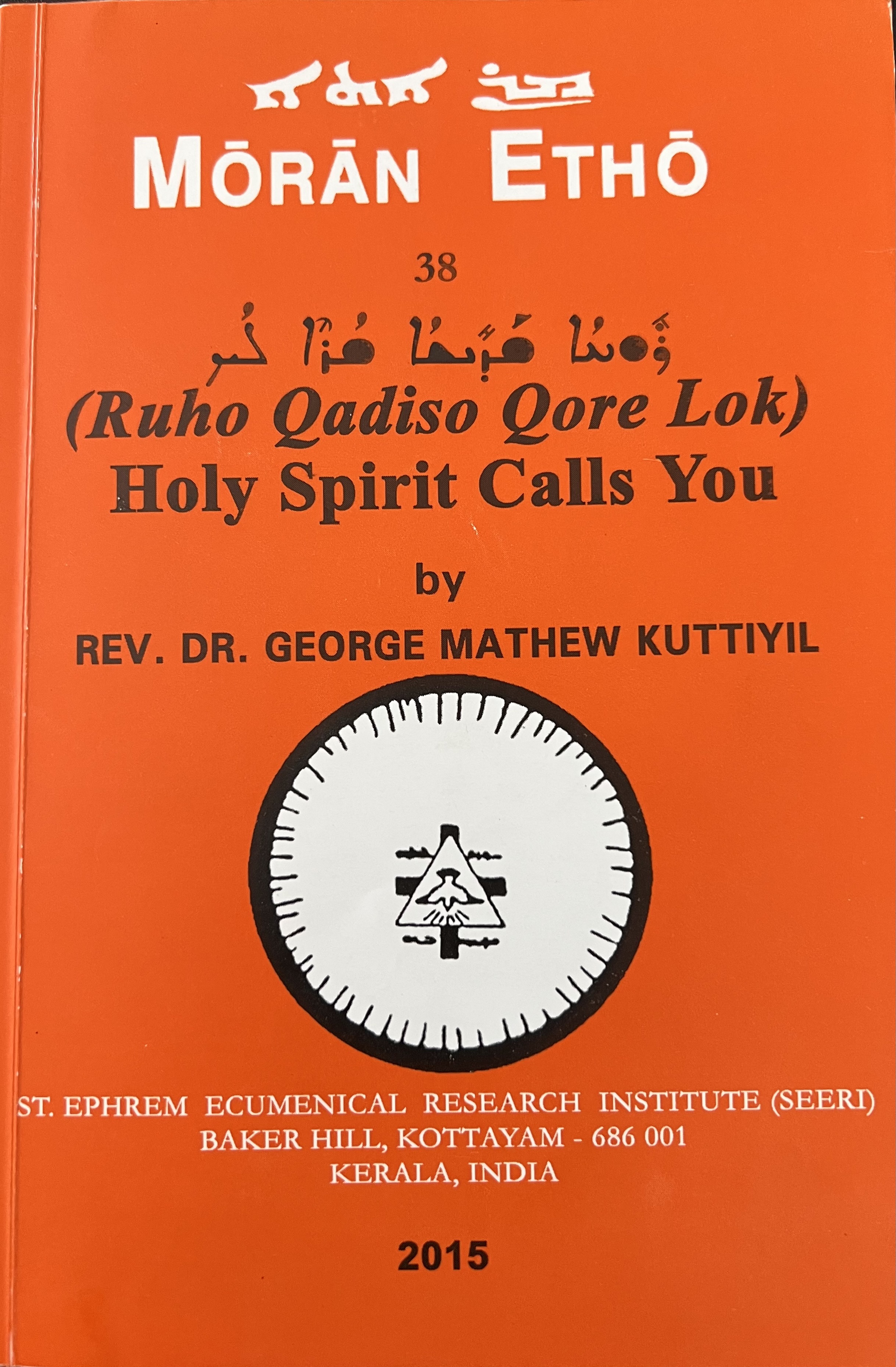
Review by Rev. Dennis Abraham (First published in Tiqvah Vol 1 Issue 2)
This book is written by the Rev. Dr. George Mathew Kuttiyil, liturgical theologian, and former faculty of the Mar Thoma Theological Seminary, Kottayam. In this work, the Malankara tradition, and the Syriac roots are enumerated in connection with the liturgy of the sacrament of the Holy Ordination of Priests.
In this book, the author translates and analyzes the theology, structure, and profound tradition in the liturgy of ordination, providing commentary, and relevant rubrics. The liturgy of the sacrament of ordination is from the ancient West Syrian (Antiochene) ordination text. Though the church is eastern and reformed, the author observes that the doctrinal revision in this particular liturgy is limited. The author opines that the salient features of this liturgy are a means of engaging in meaningful ecumenical dialogue with other churches in the West Syrian liturgical tradition, and also aids in developing a greater understanding regarding the interpretation and theology of priesthood.
Furthermore, the book helps us to further understand the importance of upholding the Syriac tradition in the Malankara Mar Thoma Syrian Church, which would in turn helps to develop a greater appreciation of the churches unique heritage and tradition. The Holy Spirit is greatly emphasized in the Syriac tradition. Hence in this book, the Holy Spirit is observed as having a major role in the liturgy, along with the various signs, symbols, liturgical embolisms and quasi-embolisms. Furthermore, the analysis of the text provides the priesthood a space to further reflect on their responsibilities in the priestly vocation through the sacraments, word, and pastoral ministry.
This book is highly recommended, and an invaluable resource especially for the diaspora community, especially in the formation of ecclesial identity and deeper understanding of the Mar Thoma heritage, tradition, and mission.
